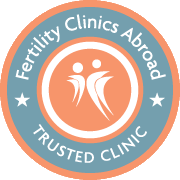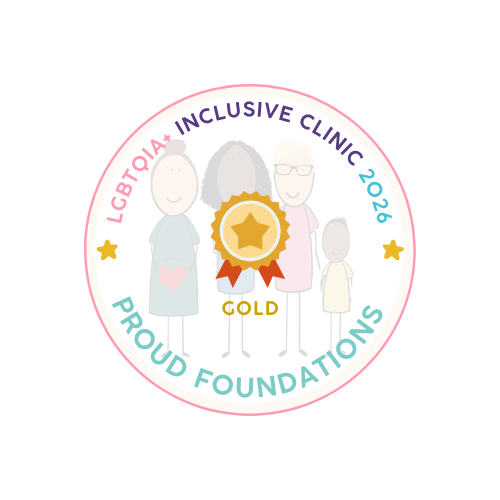IVF and Endometriosis: Challenges and Solutions
by Giorgos Chorozoglou, last updated 31 Mar 2025,
2 min read
Endometriosis is a common condition affecting millions of women worldwide, often leading to infertility and significant discomfort. For those considering IVF as a fertility treatment, understanding how endometriosis impacts the process is crucial. In this blog post, we'll delve into the challenges posed by endometriosis during IVF and explore strategies to overcome them.
Understanding Endometriosis
Endometriosis occurs when tissue similar to the lining inside the uterus grows outside of it, leading to inflammation, scarring, and adhesions. This condition affects about 10% of women during their reproductive years and is strongly linked to infertility. Symptoms include severe pain, heavy periods, and bowel issues, but the impact on fertility is perhaps the most concerning aspect.
Challenges with IVF
Egg Quality and Quantity
Endometriosis can reduce the number of eggs available for retrieval and may affect their quality due to chronic inflammation. This makes fertilization and embryo development more challenging.
Uterine Lining and Implantation
The condition can compromise the uterine lining, making it harder for embryos to implant successfully. Deep infiltrating endometriosis further increases the risk of implantation failure.
Fertilization and Pregnancy Rates
Studies show that women with endometriosis have lower implantation rates and higher miscarriage rates compared to those without the condition. The severity of endometriosis negatively correlates with IVF success rates.

Solutions and Strategies
Tailored Treatment Plans
- Ovarian Stimulation: Personalized protocols can help stimulate the ovaries to produce more eggs, monitored closely through blood tests and ultrasounds.
- Advanced Reproductive Technologies: Techniques like Intracytoplasmic Sperm Injection (ICSI) can enhance fertilization success.
- Surgical Intervention: In some cases, surgery may be recommended to remove endometriomas, though this should be carefully considered due to potential risks to ovarian reserve.
Lifestyle Changes
- Healthy Diet: Focus on a balanced diet rich in fruits, vegetables, and whole grains.
- Exercise: Regular physical activity can improve overall health.
- Stress Management: Techniques like yoga and meditation can help manage stress associated with IVF.
Medications and Supplements
- Folic Acid and Omega-3: These supplements can support fertility and overall health.
- Endometriosis Management: Medications to manage symptoms can also improve fertility outcomes.
Setting Realistic Expectations
IVF success rates can vary significantly for women with endometriosis, depending on factors like age and the severity of the condition. It's essential to have realistic expectations and be prepared for potential setbacks. Working closely with a fertility specialist can help tailor treatment plans to individual needs.
Conclusion
While endometriosis presents challenges for IVF, it is not an insurmountable barrier. With the right strategies, support, and understanding, many women with endometriosis can achieve successful pregnancies through IVF. By staying informed and proactive, you can navigate these challenges and move closer to starting a family.

Giorgos Chorozoglou, MD, MSc
Giorgos is an Infertility Specialist at Newlife Center of Reproductive Medicine.











